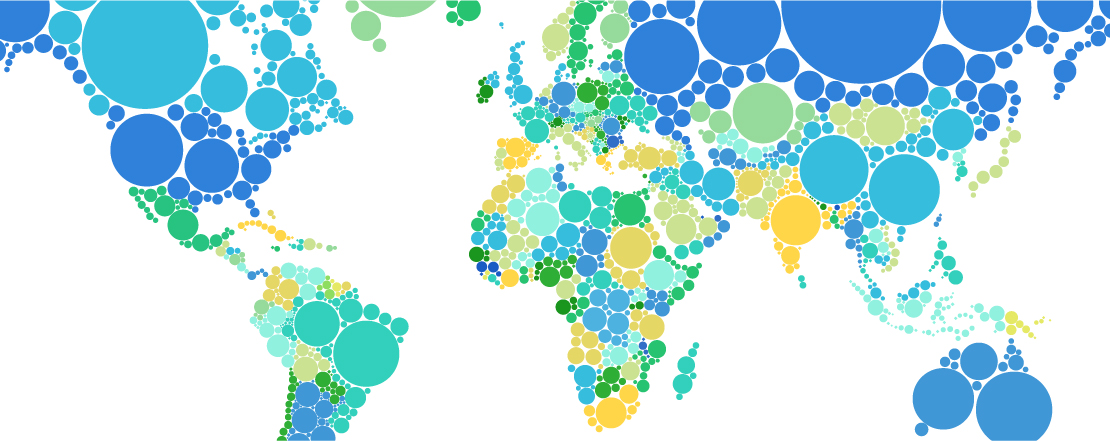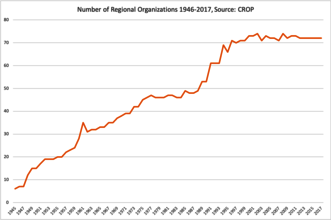
About
The Comparative Regional Organizations Project (CROP) is a database project that systematically compares international regional organizations. CROP has collected, coded, and analyzed the founding and amending treaties of more than 80 regional organizations since 1945, making it one of the largest data collection projects on regional organizations in the world.
Exploring Insitutional Design Characteristics
CROP collects information on the design of regional organizations. In which policy areas do states cooperate, which organs do they establish, and what competences do they transfer to them? This information helps us to detect patterns in the institutinal design of regional organizations, to describe and explain them. We are particularly interested in the formal institutional structure of regional organizations. “Institutional structure” refers to the institutions and policies mentioned in the regional organizations’ founding and amending agreements.
Team CROP

The project is directed by Anja Jetschke (University of Göttingen) and Sören Münch (University of Göttingen). Co-principals are Patrick Theiner (University of Edinburgh) and Adriana Cardozo-Silva (University of Göttingen).
The principals launched the project to answer a set of research questions about the origins and consequences of institutional design choices. The same set of questions are of relevance to those designing regional organizations and revising them.
States create regional organizations in anticipation of two core functions connected to regional organizations, namely a) the promotion of economic prosperity and development, and b) the promotion of peace in their respective regional environments. But when policy-makers and scholars think about what to create, they face a number of important choices, like: How deep into decision-making of states should the organization reach? Shall it have comprehensive competences, like the EU for the internal market, or should it be more sovereignty-preserving?
CROP Funding
CROP received funding from the German Research Foundation from 2014-2020.


